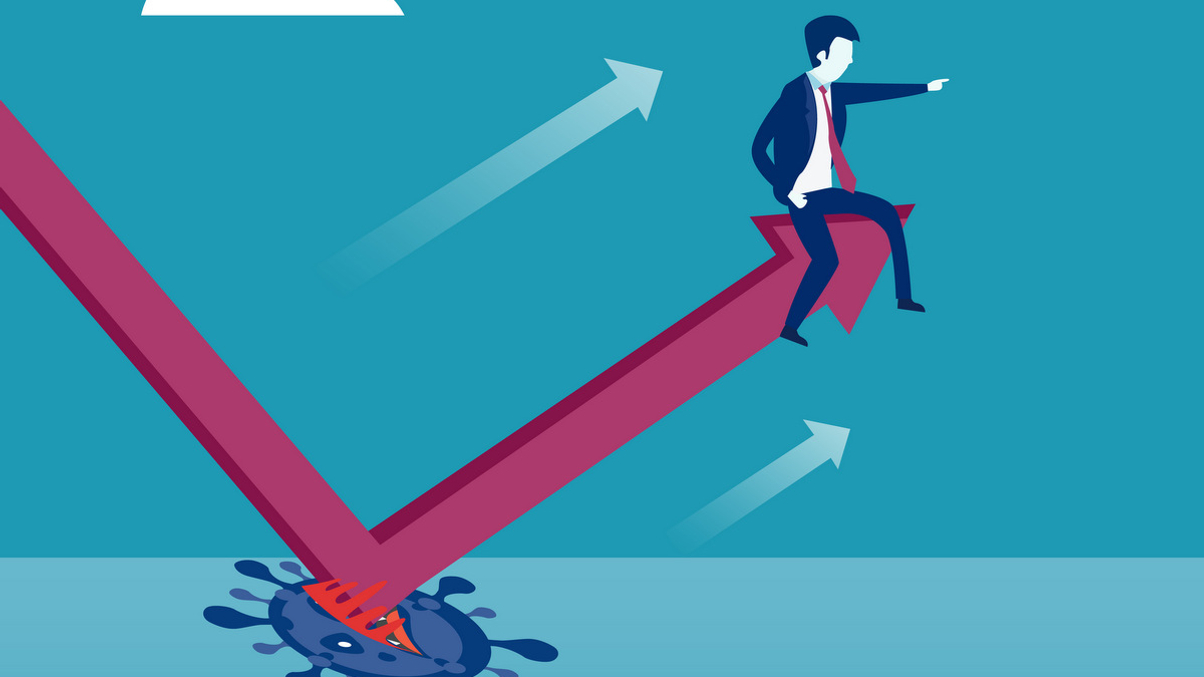LPs look to support portfolio companies for Covid recovery
Businesses that can call upon capital and expertise from private equity owners are seen as better able to weather the huge economic impact of the coronavirus lockdown.

Private equity firms admit that demand for their investee companies’ services has taken a substantial hit from Covid-19 – but institutional clients seem confident that their PE portfolios are well set to bounce back from the pandemic, given the support they can provide to businesses.
Sign in to read on!
Registered users get 2 free articles in 30 days.
Subscribers have full unlimited access to AsianInvestor
Not signed up? New users get 2 free articles per month, plus a 7-day unlimited free trial.
¬ Haymarket Media Limited. All rights reserved.


